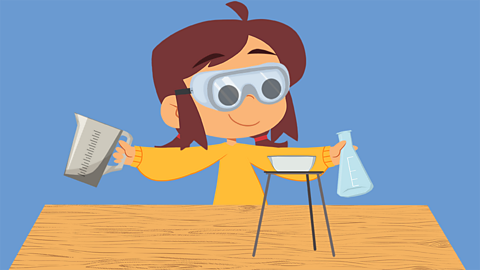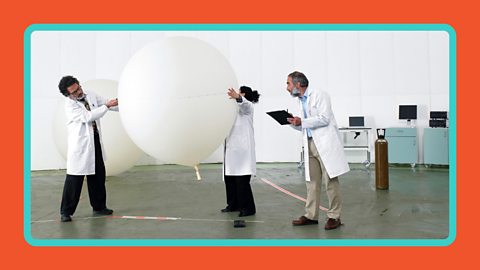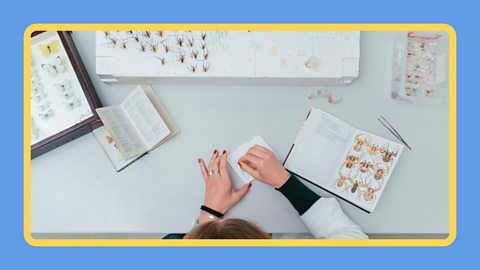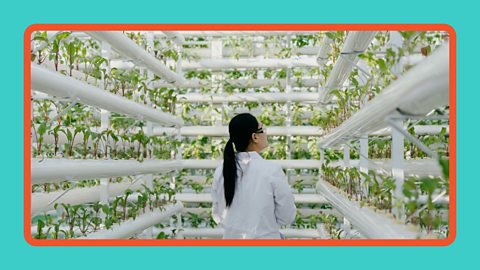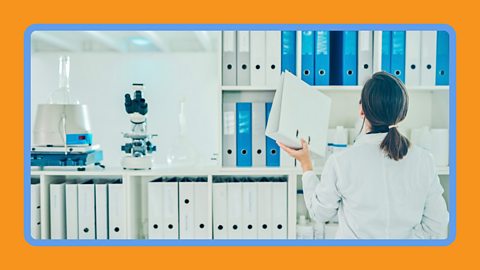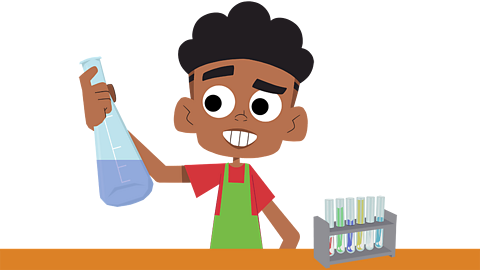
What is science?
Science is how we find out all about the world around us.
It helps us to understand all of the things that happen, and to answer all the questions that we’ve always wondered about!

Watch: What is science?
Anna: Hello, I'm Anna and when I was a child I loved asking questions. Why is this plant green?
How does this door work? And why is it wet when it rains?
I loved science so much, that I decided I wanted to become a scientist! And now I am.
As scientists, we ask big questions about the world around us, and then we go on adventures to find the answers!
Science is everywhere. It's in the things we use, the things we see, and the things we can't see, like the air we breathe.
Did you know the doctor you visit when you're feeling poorly is actually a scientist? They observe the human body and ask questions like ‘why is this person sick’? It's the same for vets, they're a type of scientist.
They run tests and ask questions like, ‘how can we make this animal feel better’? The people who predict our weather forecasts are scientists too.
They look at data about the clouds, the wind, and the air to figure out if it's going to be sunny, rainy, or even snowy. They help us get ready for the day.
And me - I'm a material scientist. That means that I study what things are made from - like plastic, metal and glass.
And I still love asking questions. For example, why does wood float on water?
Why is glass sometimes cold to touch?
Or why are some metals super strong, and how do we use them to build big, tall buildings?
But here's a secret. You can be a scientist too!
Being a scientist means being curious, asking questions, and exploring the world. You can try fun experiments, and ask lots of “whys”, “hows”, and maybe even discover answers you weren't expecting!
Science is like a big, exciting treasure hunt - and we can all be part of it!
So, are you ready to explore the world like a scientist?
Explore what science is and what makes a scientist.
Narrator: Right Molly, let’s do some science!
Molly: Why?
Narrator: Because, as scientists, we get to ask interesting questions about the world.
Molly: Why?
Narrator: Because, by asking questions, like who, what, where, when and…
Molly: Whhhhhhhy?
Narrator: We can test ideas, and predict outcomes.
Molly: Why?
Narrator: Because it helps us understand the world…that’s science! Have you noticed that pond?
Molly: Why? (falls in the pond) Argh!
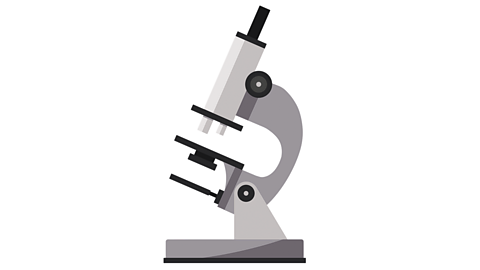
Some super facts about science
- Biology is the is the scientific study of living things and their structure, life-cycles, adaptations and environment.
- Chemistry is the scientific study of matter, the elements, and the Earth and its atmosphere.
- Ecology is the scientific study of the relationships between living things and their environment.
- Physics is the scientific study of energy, forces, mechanics, waves, atoms and the physical universe.
- Aristotle is considered by many to be the first scientist. He was born in Greece, many thousands of years ago in 384 BC.
- Test tubes were first invented in the 1820s.
- The Polish scientist Marie Curie was awarded the Nobel Prize in 1903 (for Physics) and 1911 (for Chemistry).
- The first counting machine, the abacus, was created between 2700BC and 2300BC.

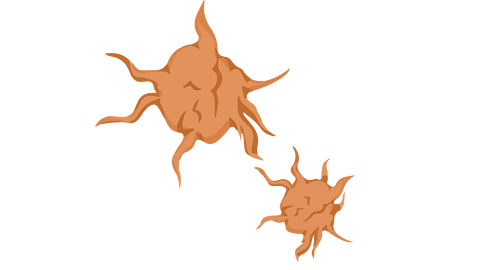
What are scientists?
Scientist is the name for people that are experts in an area of science.
Some people are scientists for fun and enjoy being curious, but other people are scientists for their job.
Scientists use their scientific skills to help people and to make the world a better place.
From children to adults, anyone can be a scientist if you ask the right questions and know how to find out the answers!
What does a scientist do?
A scientist needs to be good at lots of different skills.
Asking questions – Scientists need to think about what they would like to find out about. Questions can start with how, why, where, what, are or do.
Answering questions – Scientists need to think about the best way to investigate and find out an answer.
Observing – Scientists need to be good at looking at things closely and being patient so that they don’t miss something important.
Using equipment – Scientists use different equipment to help them to find things out more accurately. They will need to use rulers or tape measures, weighing scales, microscopes, magnets, timers and lots of other things.

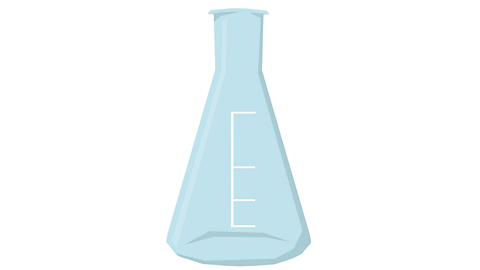
Identifying – Scientists need to use lots of clues to be able to work out what things are, a bit like being a detective!
Classifying – Scientists need to be able to sort things by looking at what makes them all the same or different. Then they can group all the things that are the same together.
Predicting – Scientists need to be able to use what they already know to suggest answers to questions.
Gathering data – Scientists need to draw, label, count, measure and identify things. By writing this information down, it creates data.
Using data – By looking at the information they have got, scientists can find out the answers to their questions.

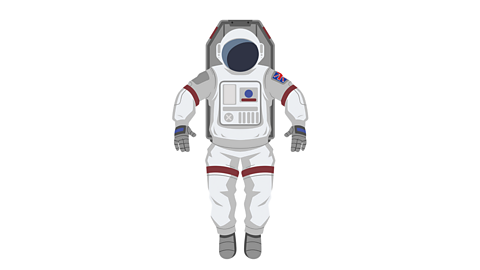
Why is science important?
Scientists help to make our world a better place.
Doctors use science to keep our bodies healthy and vets use science to keep our pets healthy too.
Weather forecasters use science to predict if it is going to be sunny, rainy or windy.
Food scientists use science to know which foods are healthy and yummy.
Astronauts use science to find out how things work in space.
Can you think of any other jobs that use science?

The five enquiry skills
There are five enquiry skills we can use to think like scientists and to help us collect some data:
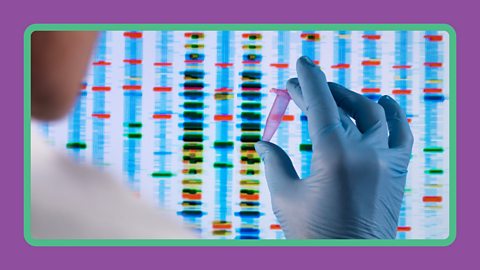
Image caption, 1 – Pattern seeking
Scientists look for patterns in data.
1 of 5
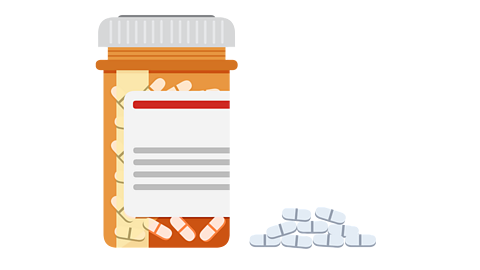
Did you know?
The British scientist Sir Alexander Fleming developed the drug penicillin by accident, while studying bacteria in 1928.
He had left plates of bacteria growing in his laboratory in London while he was on holiday, and when he returned various types of mould had grown on them. On one of those plates a mould had killed the bacteria.
Now known as the antibiotic drug penicillin, Fleming's discovery is used to fight lots of illnesses and has saved millions of lives.

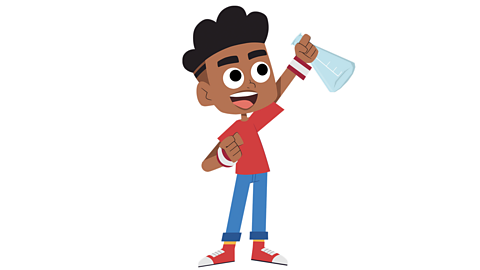
Important words
Data– Information that we collect when we investigate.
Conclusion – Explaining what we have found out from our experiment or investigation.
Experiment – A test that scientists carry out.
Investigation – Exploring something to try to answer our question.
Observation – Looking carefully to try and spot patterns or unusual things.
Prediction – Using what we already know to make a good guess about what we might find out.
Question – A sentence that we ask to find out something that we don’t already know the answer to.
Results – What we have found out from our experiments or investigations.
Science – Finding out about the world around us.
Scientists – People who ask questions and find things out about the world around us.
Test – Something that we do to find out what happens.

Activities
Activity 1 – Science quiz
Activity 2 – Sort the scientific equipment
Easter Holidays Activity Pack activity
Check out some Easter inspired activities to complete in the Easter Holidays, for KS1.

More on Working scientifically
Find out more by working through a topic
- count1 of 3
